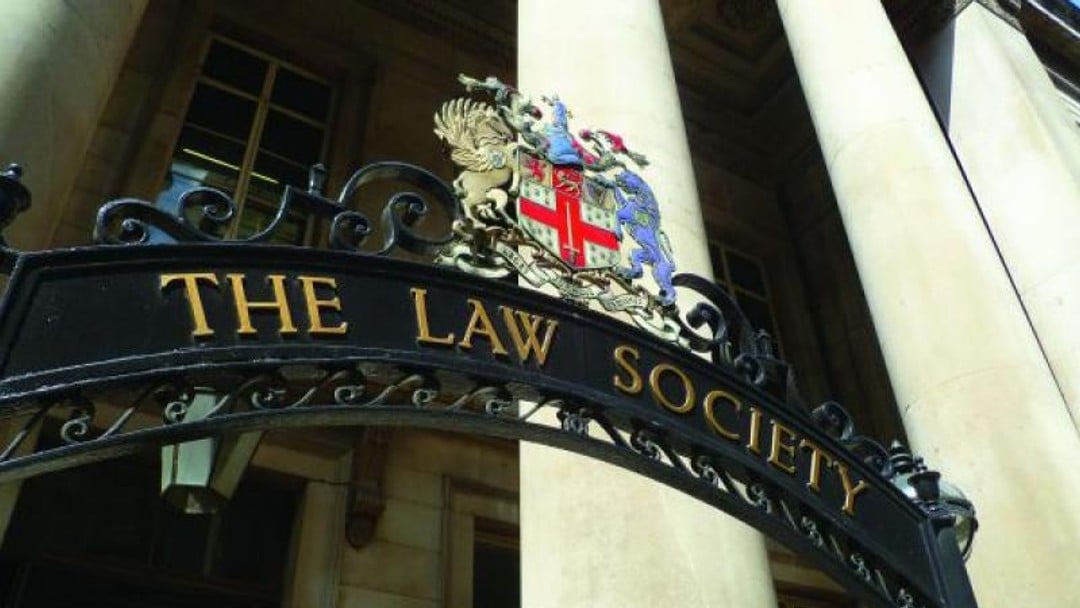Law Society and LSB clash over market reforms

A legacy of strong professional identities act as 'cultural barriers' to change, says super regulator
The Law Society and the Legal Services Board (LSB) have clashed over the need to increase competition in legal services and about the best approach to protect consumers' interest and increase transparency.
The spat took place following the publication by the Competition and Markets Authority (CMA) of its interim report on the sector, which concluded that there was no prima facie case for further reform at present. While both organisations welcomed the report's initial findings, they also differed - perhaps not unexpectedly - on the next steps to take.
The LSB took advantage of the CMA's report to renew calls for regulatory reform, saying that consumer behaviour alone would not deliver much-needed change.
'Transparency can be improved and consumers empowered,' said LSB chief executive Neil Buckley, but 'we believe there are other inherent features of legal services which make it challenging to rely on consumers alone to actively shape the market.'
In particular, Buckley said, 'well-designed market transparency measures need to be advanced in tandem with regulatory reform of the legislative framework as this could contribute directly to increasing competition in this sector'.
Meanwhile, Chancery Lane's response to the CMA report is consistent with its liberal approach. 'Where possible, solutions driven by the market are preferable to those driven by regulation and we believe that our legal services market is competitive and will continue to evolve and innovate to meet the needs of clients ever more effectively,' said Law Society chief executive Catherine Dixon.
Dixon also warned that the legal services ecosystem could be adversely disrupted if further regulatory requirements were imposed on the profession without adequate evidence that they were necessary to achieve the intended outcome.
'The imposition of burdens, regulation, and changes to regulation on the legal sector outside the three areas studied by the CMA, could have significant impact on employment, economic output and on the standing of England and Wales as a jurisdiction of choice,' she said.
If the regulatory remedies proposed by the CMA were imposed, Dixon added: 'This must be done on the basis of strong evidence, with any impact on the affected markets fully thought through to avoid the unintended consequences of change.'
For its part, the LSB pointed at a number of inherent obstacles which impeded informed choice for consumers, including 'the legacy of strong professional identities' which acted as 'cultural barriers' to change - a reference to accepted professional behaviours and standards across the legal profession which can 'mute competition between providers'.
A spokesman for the LSB told Solicitors Journal that the super-regulator was not advocating specific remedies at this stage and restated its support for the principle of transparency subject to discussion about what should be published.
'Overall, while we are confident that transparency can be improved and consumers can become more empowered to drive competition, it is important to take account of other inherent features of legal services and the legal services market - the infrequency of legal need, distress purchases and desire for personal recommendation due to the emotional context of some legal services - which make it challenging to rely on consumers alone to actively shape the market,' they said.
In its immediate response to the report on 20 July, Buckley told Solicitors Journal that addressing the price transparency obstacle was 'very, very important' in making the market more competitive. However, he objected to mandatory price publication, which he said may not give consumers the information they need and could be misleading.
'Sometimes, in certain markets,' he said, 'you can see when prices are published, you have price following, and perversely that can lead to higher prices rather than lower prices, which is absolutely the opposite of what we want to see.'
The interim report found that consumers were hampered by a lack of information over lawyer's fees and quality, but suggested that deregulation may not be the answer. The competition watchdog said limited price transparency was harming the ability of individual and small business customers to drive competition despite the increased prevalence of fixed fees.
The report is part of a market study launched in January which aims to discover whether customers are getting a 'good deal' amid concerns about the standards and affordability of legal services.
It found that just 22 per cent of the public would compare providers before choosing one - often relying on recommendations from friends or family - reinforcing the recent findings of the Legal Services Board (LSB) that consumers are hindered by a lack of information.
The LSB has published its own report on competition and innovation in the sector, with its chair, Sir Michael Pitt, urging stakeholders to 'continue to break down regulatory barriers to competition, innovation, and growth'.

